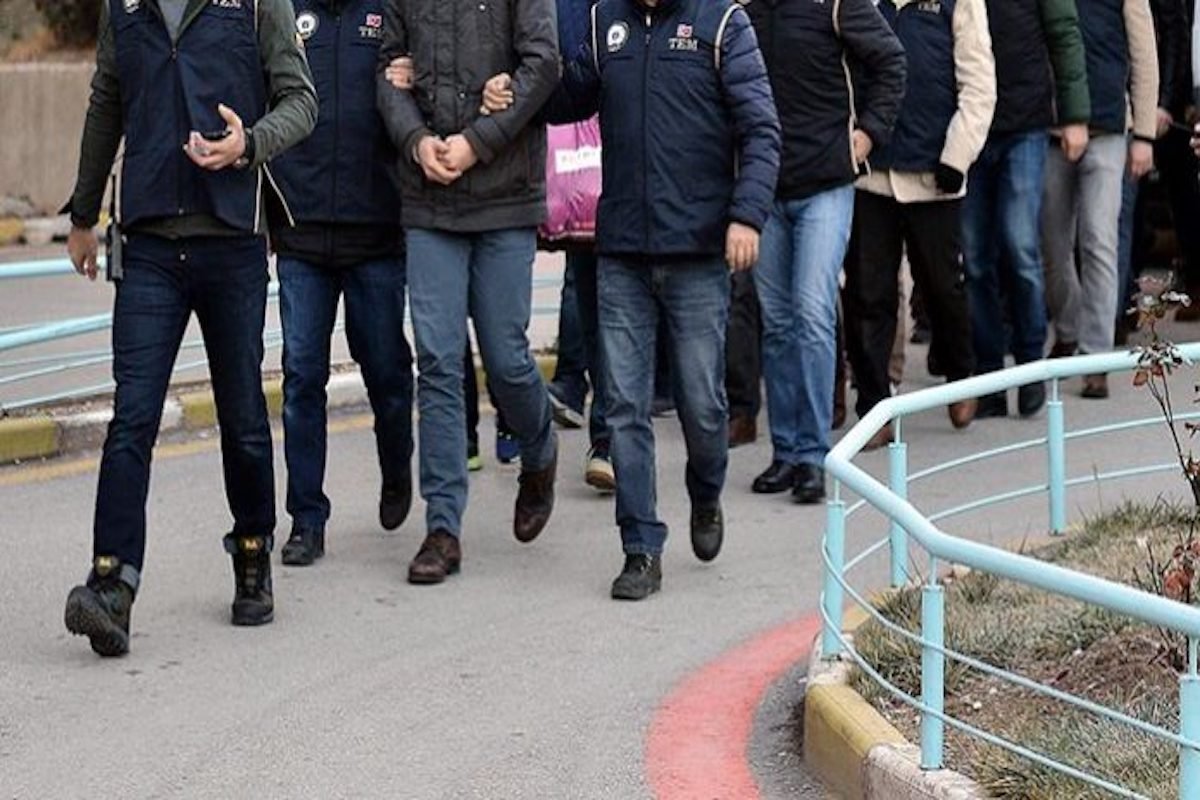A letter sent by a Turkish prisoner to a journalist was censored by an unprecedented method and just three sentences of the letter left behind, wrote the online news outlet Artı Gerçek. Describing the example as a black humor the news outlet stated that this censorship has been experienced in Turkish prisons where rights violations have been increasing day by day.
Artı Greek reported that the last example of extensive censorship came from No. 2 F-Type Prison in Tekirdağ province. According to the report, a letter sent to journalist-writer Hüseyin Aykol by Ümit Akgümüş, one of the prisoners in the Tekirdağ prison was censored by a method that was never seen before.
The letter intended to be sent to the columnist of the Libertarian Democracy daily, Hüseyin Aykol, who has been writing the violations in the prisons for about 25 years in his column, was cut by scissors by the members of the prison censorship commission. However, the commission posted the rest of the letter which is just saying that, “I wish you to be in good health, I send my regards and extend my greetings, I wish success in your life and your work,” by keeping the remaining part of the letter in the envelope.
Journalist Akyol, who expressed his astonishment when he saw the letter, told to the pro-Kurdish Mezopotamya news agency that for the first time that he was faced with such a censorship practice:
“Letters are read by a committee called the prison reading commission or the education commission. Then, if there are any inappropriate statements, it is sent back. An investigation is launched about these inappropriate statements. Or just a few sentences would be crossed of in the letter. But in this letter, all the lines of the letter, except the salutation part, were not found appropriate. The letter was censored by 90 percent by cutting with the scissors. Having been sent only two or three lines is an example where censorship hits the top.”
Akyol said that, “Normally, if they send the letter they should send as it is. When they do not send it, they must initiate an investigation over the reason that requires you to not send the letter. It doesn’t mean that this investigation will result in disciplinary action. Prisoners can also appeal. In this sense, judicial process begins. So they preferred such an implementation in order to not involve this legal process because most probably they thought that they’re going to lose this case.”

















[…] This article originally appeared on the Stockholm Center for Freedom’s (SCF) website on Dec 21. […]